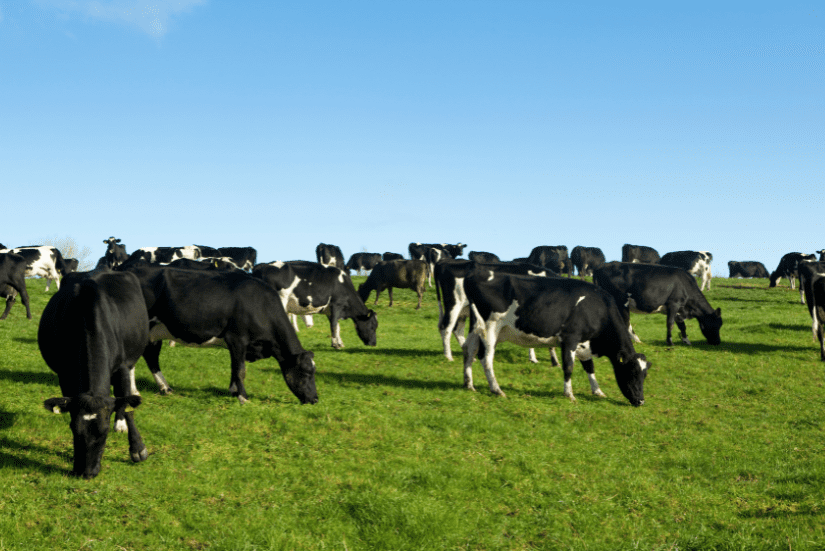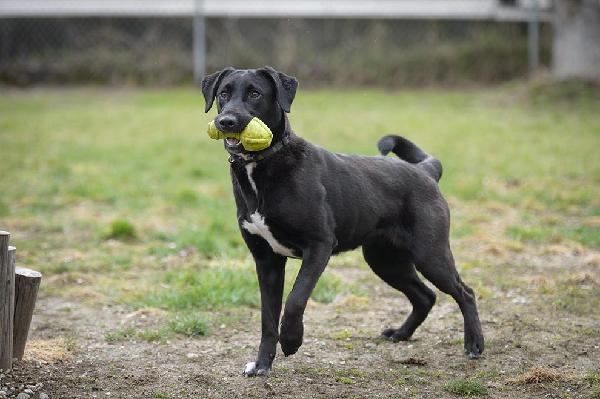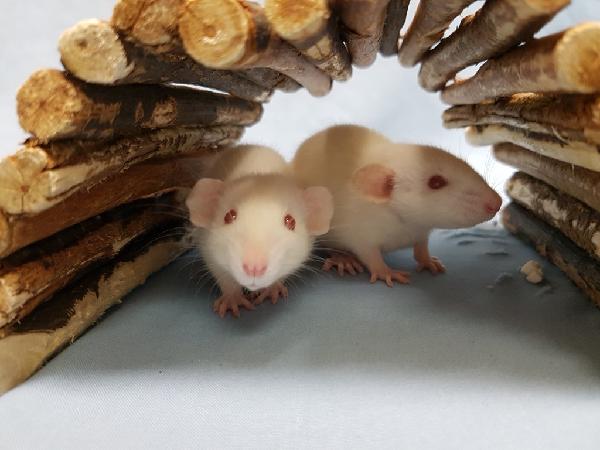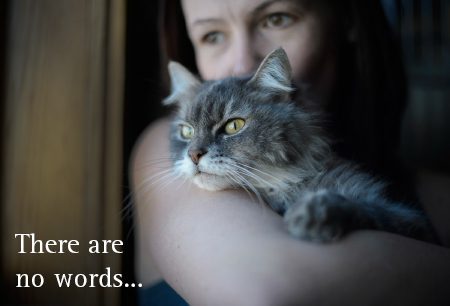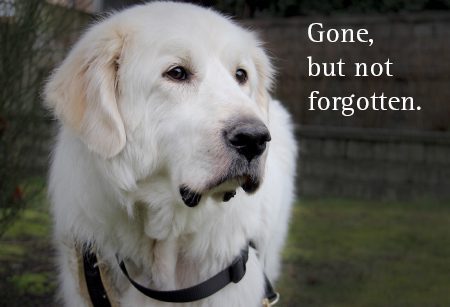Buying ethical meat/dairy
The BC SPCA works to empower consumers to choose higher-welfare food products, and recognizes farmers who make a difference for how farmed animals are raised. With so many different food labels, it can be hard to know which ones truly have a positive impact on farmed animals. Here’s how you can keep farmed animal welfare at the top of your grocery list!
Download and print our informational brochure on meat, egg, and dairy labels to use while shopping.
BEST: Choose a certified label
The animal welfare certification programs listed below are dedicated to improving the lives of farmed animals by driving consumer demand for higher-welfare food choices. These programs not only benefit farmed animals around the world, but also benefit consumers as they can buy with confidence. The following programs:
- Certify farms that raise farmed animals to higher standards of animal welfare than the minimum Codes of Practice
- Verifies their standards are being met through inspections of farms, carried out by independent auditors
- Provide transparency to consumers as their standards are posted online for public viewing
Animal Welfare Approved
- Guarantees animals are raised outdoors on pasture or range for their entire lives
- Requires audited high-welfare production, transport and slaughter practices
- Animals must be able to behave naturally and be in a state of physical and psychological well-being
Animal Welfare Certified
- Defines good farmed animal welfare as consisting of health and productivity, natural living, and emotional well-being
- Uses a tiered labelling strategy, signaling to consumers how the animals were raised
- The higher the number, the more the animal’s environment mimics a natural environment
Certified Humane
- Standards apply to farmed animals from birth to slaughter; farms and slaughter facilities are audited
- Animals are never kept in cages, crates or tie-stalls
- Animals are free to do what comes naturally
Organic
- Focus is on natural production
- Does include some animal welfare provisions, including outdoor access for farmed animals, but animal welfare is not the main focus of this certification

GOOD: Animal welfare labels
Although these labels are not certified or regulated, they do demonstrate consumer demand for higher-welfare products.
Cage-free: Animals are not housed in cages.
Cage-free labels are usually seen on egg cartons and applies to egg-laying hens. This label can also apply to pork. Although pigs are typically raised in groups, the parent breeding pigs are often housed in crates or stalls, so the label ‘crate-free’ or ‘stall-free’ may be seen.
Free-run: Animals are raised cage-free and indoors.
This label only has meaning for egg-laying hens, not turkeys or chickens raised for meat. It is standard practice for all Canadian turkeys and broiler chickens to be raised free-run. Learn more about the free-run label here. If you see this label on pork, be sure to ask whether this label applies to the parent pigs. It is standard practice for young pigs to be raised in groups, but the breeding parents are often housed in crates or stalls.


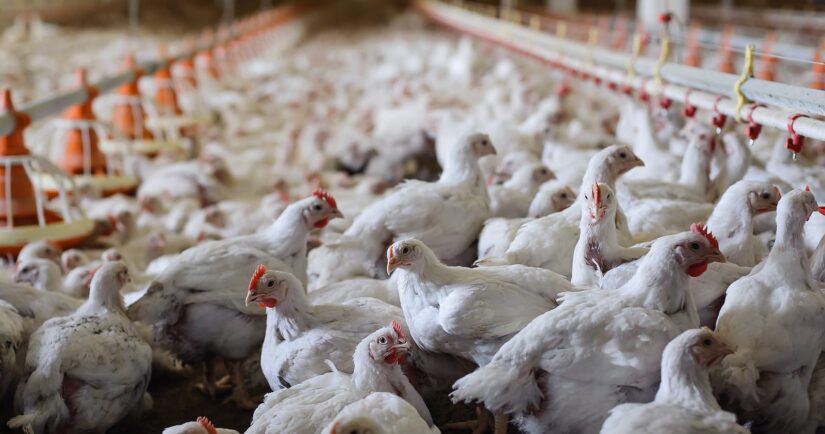
Free-range: Animals are raised cage-free with outdoor access when the weather is good.
The quality of the outdoor area varies widely and the amount of time the animals get to spend outdoors is not monitored. If you see this label on pork, be sure to ask whether the parent pigs are housed in stalls/crates, or if they are allowed to roam outside too.
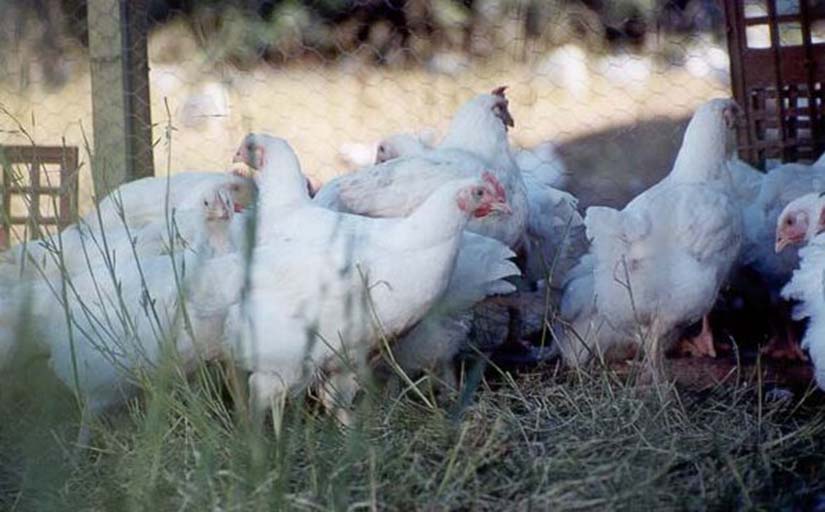
Pasture-raised / Pastured: Animals are raised cage-free outdoors on pasture.
It is important to note that this label does not necessarily mean that the animals spent their whole lives on pasture.
Grass-fed, or grass-fed and finished: Animals have access to pasture and a diet made up of forages (grass and hay).
It is important to note that the grass-fed label does not mean the animal was fed grasses for the entirety of its life. If you see the grass-fed label used on beef or sheep products, be sure to ask if they were 100% grass-fed and finished, meaning they were raised solely on grass, never grains. Some animals are raised on pasture then sent to a feedlot where they are fed grains or corn to fatten them up before slaughter. Grain/corn is not a natural diet for cattle and sheep and can lead to a host of animal welfare problems, like severe gut pain.

AVOID: Misleading claims
Avoid claims that imply animal welfare benefits but actually provide little or no improvements, and no certification to verify the claim.
Such labels include:
-
- All-natural/naturally-raised
- Farm/country fresh
- Enriched colony, Comfort Coop or nest-laid eggs
- Animal-friendly
- Non-medicated
- Antibiotic-free
- Hormone-free
- Vegetable-fed
- Grain-fed
- Born-3 (Omega-3) eggs
- Animal Care Certified
- Farms meet the minimum animal care requirements outlined in the Canadian Codes of Practice, therefore animals are not raised to higher standards
Learn about the top five most misleading food labels.
What are you paying for?
By purchasing higher-welfare foods, you avoid conventional farming systems, which can have many animal welfare issues. You are choosing to support animal welfare benefits such as:
-
- Cage-free systems
- Enriching environments
- Expression of natural animal behaviours
- Transparency in animal production
- Any many more
What can you do?
- Look for an animal welfare certification
- Talk to your local grocer and ask for certified products to be available in store
- Choose “GOOD” products when certified products are unavailable
- Avoid purchasing products raised using inhumane practices (e.g. caged eggs, foie gras)
- Shop your local farmers’ market, ask questions, and visit the farms when possible
Subscribe to FarmSense newsletter
FarmSense is delivered four times a year and includes news about farmed animal welfare and updates on what the BC SPCA is doing to help further animal welfare in Canada.
The Canadian Organic Standards (COS) outline requirements for organic farmers. The goal of organic production is for farming to be sustainable and environmentally friendly. However, there are also a variety of welfare benefits for animals on organic farms.
The Codes of Practice for farmed animal care in Canada outline the minimum expectations for all farmers. The COS goes beyond this, making it a good choice for farmed animal welfare. Animals on organic farms must have access to more space, the outdoors, and environments that encourage natural behaviours. Organic farms are also independently inspected to ensure the standards are being met. These are not requirements for conventional Canadian farms.
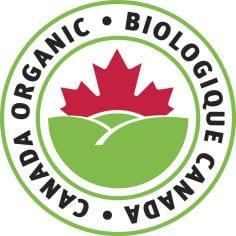
A 2020 update of the standards included important improvements for animal welfare:
- Outdoor areas for chickens and turkeys must have shade and protection from predators
- Laying hens must have access to an enriched verandah whenever they are unable to go outside
- Perches for laying hens must be designed for hen comfort
- Greater space requirements for sheep and goats
- Dehorning cattle is no longer permitted
- Phase-out of tie-stalls for dairy cattle by December 2030
- Improved requirements for outdoor areas for pigs
See a full summary of animal welfare improvements (PDF)
The BC SPCA is committed to improving welfare standards for animals living on organic farms in Canada. Every five years, the COS is reviewed and updated to ensure the standards reflect new research and society’s expectations. The BC SPCA participates as a member of the revision committee. We also encourage our supporters to take part in the public comment period for the draft standards.
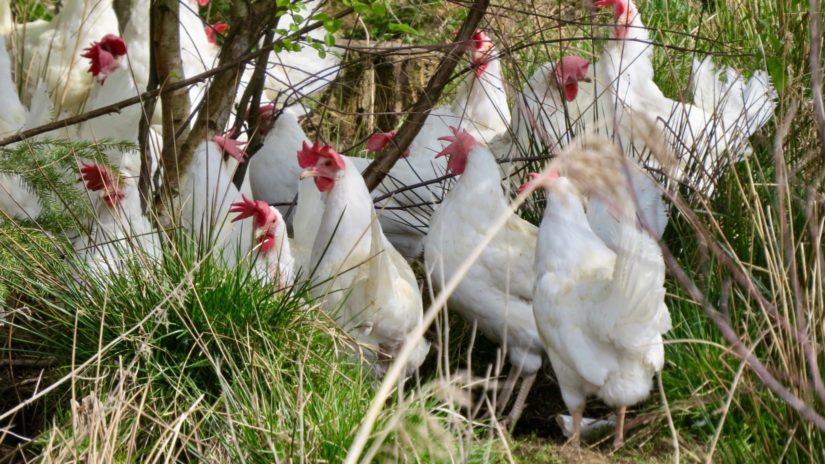
The BC SPCA is an animal welfare organization committed to protecting and enhancing the lives of animals. The BC SPCA is not a vegan organization. The BC SPCA’s focus is preventing cruelty to and promoting the welfare of animals. We picture a world where all animals have the Five Freedoms, which animals need to live good lives.
For farmed animals, the BC SPCA enforces existing laws and advocates for improved laws and standards. We also support independent inspections to ensure laws and standards are followed.
The BC SPCA’s supporters, volunteers, and staff are united in our concern for animals and our desire to create a better life for animals. We work with people who have a wide range of views. Our shared goal of eliminating animal suffering allows us to make progress. We acknowledge that barriers currently exist to ensuring higher standards for farmed animals. These include the affordability and accessibility of higher-welfare foods and plant-based options.
Everyone has the ability to influence the lives of animals through their choices. We celebrate any action any individual takes to prevent suffering. We support consumers who choose higher-welfare foods and plant-based options. We support farmers who change their practices to improve the welfare of animals on their farm. We support the citizen who calls on government for stronger animal welfare standards. We support and empower each person to do what they can to improve the lives of animals.
This approach is reflected in our organizational Food Policy. The policy ensures:
- Vegan and vegetarian foods are available, and
- If animal products are served at BC SPCA events or meetings, they are higher welfare
This enables all our supporters, volunteers, and staff to eat food that aligns with their values and respects the BC SPCA’s commitment to improving the lives of farmed animals.
Learn more about the BC SPCA’s farmed animal advocacy work.
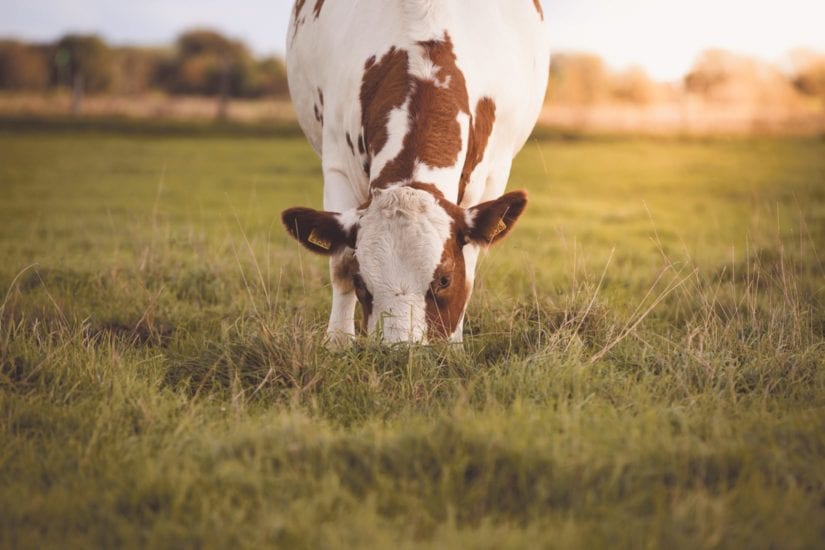
The BC SPCA supports the initiative to establish evidence-based standards and clear expectations for slaughter without prior stunning. Nonetheless, since slaughter without prior stunning has been scientifically demonstrated to cause unnecessary suffering, the BC SPCA’s position is that governments should take more substantial action by eliminating the practice in Canada, or at the very least, by requiring immediate post-cut stunning of every animal.
The BC SPCA believes that the methods used to kill any animal must be humane. Read more about the BC SPCA’s position on humane killing and farm animal welfare.
Ritual slaughter practices are legally permitted under B.C.’s and Canada’s meat processing laws. They are also effectively exempt from prosecution under the B.C. Prevention of Cruelty to Animals Act, as they constitute “reasonable and generally accepted practices” under the Act.
We will continue to fight for stronger standards to prevent suffering of these animals, including pushing for third-party monitoring and inspection of slaughter facilities.
